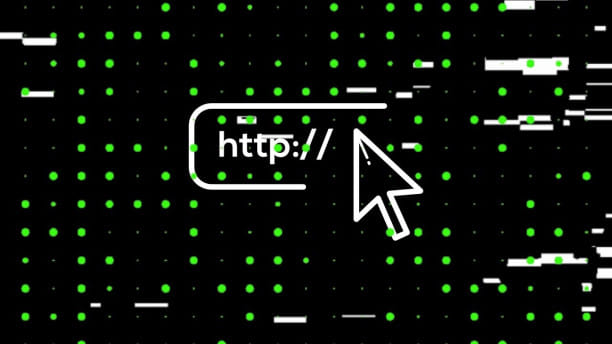Right to access the internet is a human right

A world without internet is unimaginable in this age and time. The United Nations has recognised this by declaring internet access a human right, amending Article 19 of the Universal Declaration of Human Rights (UDHR) to state: "Everyone has the right to freedom of opinion and expression; this right includes freedom to hold opinions without interference and to seek, receive and impart information and ideas through any media and regardless of frontiers."
This amendment, along with Section 32's addition, "The promotion, protection and enjoyment of human rights on the internet," highlights the critical role of the internet in facilitating free expression. Despite the recognition of internet access as a human right, many governments continue to impose internet shutdowns to control public unrest and manage dissent. Bangladesh is a pertinent example, where internet shutdowns have become a common tactic during times of political turmoil. The country is currently experiencing widespread mobile data and internet outages amidst ongoing quota reform protests. The disruption, reportedly beginning around 10:30 am on 18 July 2024, has continued for three consecutive days.
The protests, driven by demands for reform in the government job quota system, have seen significant participation from students and civil society groups. In response, the government has resorted to internet shutdowns, a tactic it has employed several times in the past to control dissent and maintain public order.
The use of internet shutdowns as a tool to manage public dissent is not new in Bangladesh. In recent years, the country has witnessed several instances where the government has disrupted internet services to control political unrest and prevent the spread of information.
In 2018, during student protests over road safety, the government shut down mobile internet services for several days to disrupt the organisation of protests and limit the spread of information via social media. Similarly, in 2021, protests against the controversial Digital Security Act saw partial internet shutdowns to prevent the mobilisation of protestors and control the narrative surrounding the protests.
During the lead-up to the 2023 general elections, there were multiple reports of internet disruptions, particularly in regions where opposition parties had strong support. These shutdowns aimed to prevent the coordination of opposition activities and control the dissemination of information that could influence the election outcome.
The importance of internet access
The internet is crucial for achieving the Sustainable Development Goals (SDGs) set by the United Nations. These goals aim to address global challenges, including poverty, inequality, and climate change. Access to the internet plays a vital role in this agenda, particularly in goals focusing on economic and social growth (Goals 8-11) and peace and partnerships (Goals 16-17).
The internet enables economic development by providing access to markets, education, and healthcare. It also facilitates social growth by connecting communities, promoting cultural exchange, and supporting political participation. In conflict zones, the internet provides life-saving information, helps locate humanitarian aid, and allows families to stay connected.
Upholding the right to internet access
Despite the recognised importance of internet access, the trend of increasing internet shutdowns poses a significant challenge. In 2022 alone, there were at least 187 instances of internet disruption across 35 countries. These shutdowns hinder access to essential services, impede communication, and violate human rights. The impact is particularly severe in conflict situations, where disrupted communication can mean the difference between life and death.
However, there are signs of progress. The #KeepItOn coalition, launched by Access Now, comprises over 300 organisations from 105 countries, working to combat internet shutdowns through advocacy, technical support, and legal intervention. International bodies like the International Telecommunication Union (ITU) and the International Committee of the Red Cross (ICRC) have also condemned shutdowns, emphasising their detrimental effects on humanitarian efforts.
Moving forward: ensuring universal internet access
To uphold the right to internet access, several actions are necessary. States should pledge to extend and protect internet access universally. The tech sector must collaborate with civil society and policymakers to monitor and mitigate nuanced forms of censorship, such as throttling. Humanitarians need to study the impact of shutdowns on aid delivery and peace negotiations. Academics should research the effects of shutdowns in various contexts, such as protests and elections, and their impact on education and health outcomes. Legal experts should support strategic litigation efforts to challenge shutdowns at all levels.

 For all latest news, follow The Daily Star's Google News channel.
For all latest news, follow The Daily Star's Google News channel. 

Comments